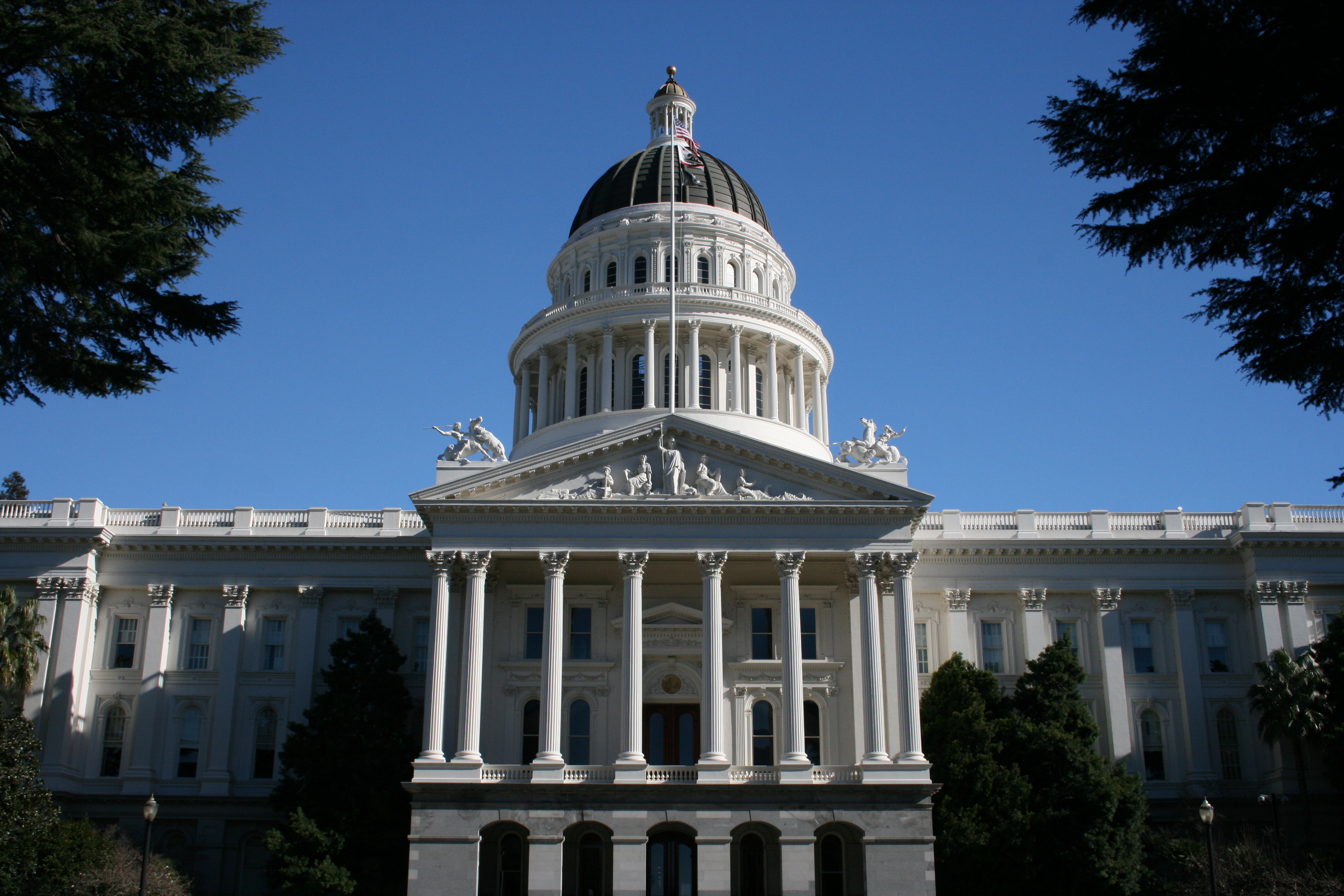California introduces new state laws

From marijuana to tampons, a number of previously passed California laws have taken effect at the beginning of 2018. Among them are many that affect certain teens and young adults.
Health and Society
Schools are now required by Assembly Bill (AB) 10 to provide free tampons and sanitary pads in at least half of their restrooms if they are Title I funded and serve grades six to 12. San Gabriel High School meets the criteria of having at least 40 percent of students below the federal poverty line and will therefore be required to comply.
Assistant Principal of Business and Activities Matthew Dultz says he was notified about AB-10 very recently.
“I don’t have much information, [but] I know the district is actually doing a little bit more research on it as far as the numbers percentage wise that we need to support [and] if there’s a certain type,” Dultz said. “We actually do provide that already out of the health office, so we need to find out how this changes the way we’ve been doing it, and I think we’re just waiting on more information.”
Transgender people can now apply to change the gender on their birth certificate to match their gender identity without having undergone treatment thanks to Senate Bill (SB) 179. A gender nonbinary option is now available on birth certificates for those who do not identify as female or male and will become available on driver’s licenses in 2019.
Immigration and wages
Various “sanctuary state” bills are now in effect; ranging from SB-54, which prevents police officer collaboration with federal immigration officials, to AB-291, which puts a civil penalty on landlords who threaten to report their renters’ immigration status. Also included is AB-450, which prevents employers from allowing immigration authorities on their property without a warrant from a federal judge, as well as SB-257, which allows children of deported parents to continue attending schools in California.
The 2016 minimum wage law, SB-3, continues to advance, raising the minimum pay by $1 per year. The minimum pay for a worker at a business with 26 or more employees is $11 and will continue to progress until it reaches $15 in the year 2020. In addition, AB-46 has expanded the law that intends to remove gender biased wages to include those who work for public employers.
Miscellaneous
Previously, school administrators were given the authority to decide on whether or not staff with concealed carry permits would be allowed to bring firearms on campus. AB-424 dictates that employee firearms are now banned on campus.
Campus supervisor Andrew Contreras was conflicted about the on campus weapons law.
“I think it’s just a tough position to be at a school and you have to fight fire but you don’t got no fire to fight it,” Contreras said. “It’s a good law though, I believe, just to make sure that we have no misunderstandings with people bringing stuff on campus, so I agree with it.”
Other laws include AB-41, which requires law enforcement to report on the number of sexual assault kits they have and have not tested and explain why certain evidence has not been tested, a package of bills easing up criminal fines and punishment on juvenile offenders, and, of course, the highly controversial legalization of recreational marijuana. Although all of these bills have passed and taken effect, some have clauses that will take effect later. Either way, it may take a while to see the laws in action and even longer to truly see their effects on the population.